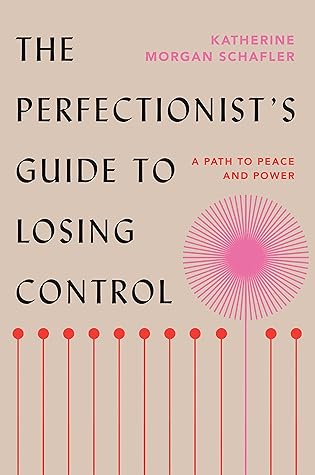More on this book
Community
Kindle Notes & Highlights
Read between
September 28 - November 2, 2024
Most people harbor a private suspicion that they’re worse off than even they themselves know. Like, it’s bad. And going to therapy represents their readiness to hear just how bad it really is. Basically, people want to know how broken they are via professional consultation and in clinical speak. They’d also like help navigating the world with all their jagged defectiveness. No.
“What you pay me to do is to be helpful. Rumination without reflection isn’t helpful.”
It’s unfair to arrive at the conclusion of defeat without considering that the source of the dysfunction is the approach, not the person.
Women feel an increasing sense of liberation as they age, not because they’ve finally achieved the balance they were searching for but because they’ve finally given up on it.
In the words of iconic feminist writer Dr. Phyllis Chesler, “How bizarre, how familiar.”
Numerous studies highlight the point that achieving goals doesn’t just fail to bring some perfectionists satisfaction; often, achieving their goals makes perfectionists feel worse.[12]


